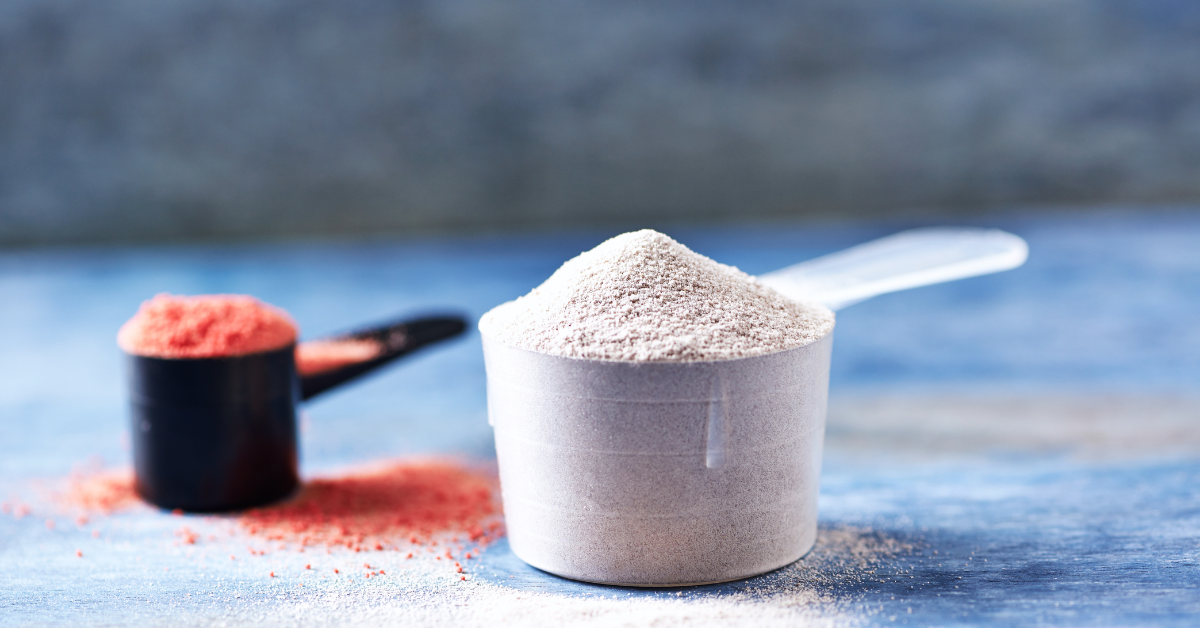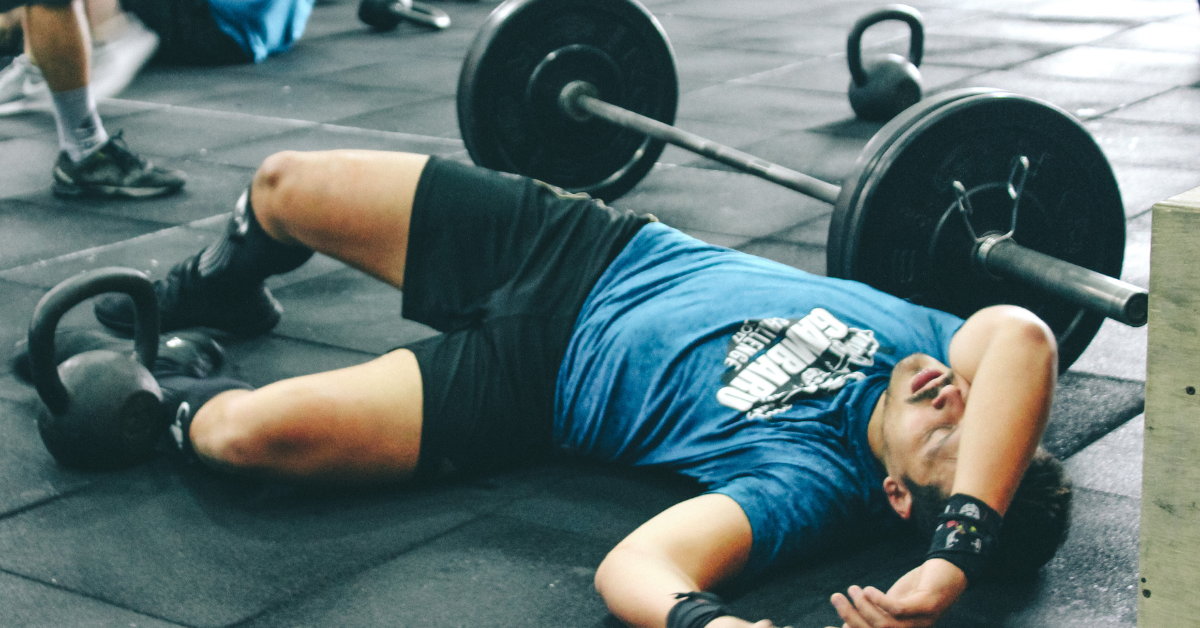
Pre-workout supplements are popular for boosting performance and energy levels in the gym.
However, like any supplement, they must be used responsibly.
Overdosing on pre-workout, particularly the stimulants they often contain, can lead to serious health risks, including death in extreme cases.
This article dives into pre-workout supplements, exploring their dangers, potential risks, and how to use them safely.
The lethal dose of caffeine, a common ingredient in pre-workout supplements, is estimated to be around 10,500-14,000 mg for an average adult.
Given that a typical serving of pre-workout contains about 200-300 mg of caffeine, it would take approximately 53 servings (or scoops) to reach the lower end of the lethal range.
However, serious side effects can occur with much lower doses.

Pre-workout supplements often contain ingredients designed to boost energy and performance.
One of the most common is caffeine, a stimulant that can increase alertness and reduce the perception of effort during exercise.
However, too much caffeine can lead to negative side effects and even pose serious health risks.
Understanding the ingredients and their dosages in your pre-workout supplement is crucial.
The label on the supplement provides this information.
For caffeine, a common ingredient in many pre-workouts, the safe upper limit for adults is around 400mg daily.
Consuming more than this can lead to side effects like jitteriness, upset stomach, and even more serious issues like rapid heart rate.
Given that the lethal dose of caffeine is estimated to be around 10,500-14,000 mg for an average adult, and considering that a typical serving (or scoop) of pre-workout contains about 200-300 mg of caffeine, we can do some simple math to estimate how many scoops could potentially be lethal.
If we take the lower end of the lethal range (10,500 mg) and divide it by the amount of caffeine in a scoop (200 mg), we get 52.5.
This means it would take approximately 53 servings of a pre-workout supplement to reach the lower end of the estimated lethal dose of caffeine.
However, it's important to note that serious side effects can occur with much lower doses.
Consuming just a few servings at once could lead to symptoms like rapid heart rate, vomiting, and seizures.
Always follow the dosing instructions on your pre-workout supplement, and never exceed the recommended amount.
If you experience any adverse effects, seek medical attention immediately.
While it's important to note that the lethal dosage of a substance can vary greatly depending on individual factors like body weight, tolerance, and overall health, here are some general guidelines:
It's crucial to remember that these are rough estimates, and individual reactions to these substances can vary greatly.
Always consult with a healthcare professional before starting any new supplement regimen, and if you experience any adverse effects, seek medical attention immediately.

Overdoing it with pre-workout supplements can lead to a range of health problems.
You might experience nausea, jitteriness, and heart palpitations in the short term.
In extreme cases, too much caffeine can lead to caffeine toxicity, which can cause seizures and even be fatal.
One study reported a case of a woman who accidentally ingested 5000mg of caffeine from a pre-workout supplement, a dose far beyond the recommended safe limit.
While deaths from pre-workout supplements are rare, they do happen.
One case involved a healthy 24-year-old man who developed a hemorrhagic stroke after consuming a pre-workout supplement.
It's important to note that such incidents are often the result of consuming far more than the recommended dose.
If you suspect that you or someone else has overdosed on a pre-workout supplement, it's important to seek medical attention immediately.
Symptoms of an overdose can include severe headache, irregular heartbeat, vomiting, and in severe cases, seizures or loss of consciousness.
Reading and understanding the nutritional labels on pre-workout supplements is crucial for safe and effective use.
Here's a guide on how to read these labels and identify common stimulants:
Remember, more is not always better when it comes to stimulants.
Always stick to the recommended serving size, and consult a healthcare professional with any concerns.
The best way to prevent an overdose is to follow the dosing instructions on your pre-workout supplement.
Never exceed the recommended dose, and be aware of other sources of caffeine in your diet.
If you're new to pre-workout supplements, start with a smaller dose to see how your body reacts.
While it's important to be aware of the potential risks associated with pre-workout supplements, it's equally important to note that there are many safe and effective products on the market.
These products contain carefully measured doses of stimulants and other performance-enhancing ingredients designed to boost your workouts without risking your health.
For instance, Preseries Bulk is a pre-workout supplement that's been highly rated for its balanced blend of ingredients, designed to enhance muscle building, endurance, and focus without overloading you with stimulants.
Moreover, it's worth noting that not all pre-workouts are suitable for everyone.
For example, teens should be cautious regarding pre-workout supplements, as their bodies are still developing and they may be more sensitive to the effects of certain ingredients.
It's crucial to remember that while pre-workout supplements can enhance your performance, they should not replace a balanced diet, adequate hydration, and proper rest.
Always consult with a healthcare professional before starting any new supplement regimen, and if you have any concerns about the safety of pre-workout supplements, check out this comprehensive guide on whether pre-workout is bad for you.
For a more extensive list of safe pre-workout options, you can check out this list of the safest pre-workouts.
Remember, your health and safety should always be your top priority.

What is a pre-workout supplement?
Pre-workout supplements are products designed to enhance athletic performance and energy. They often contain a mix of stimulants, amino acids, and other performance-enhancing ingredients.
Can pre-workout supplements be harmful?
Yes, if taken in excessive amounts, pre-workout supplements can be harmful. They often contain stimulants like caffeine, which can cause side effects like rapid heart rate, high blood pressure, and in extreme cases, death.
How much pre-workout is safe to take?
The safe amount of pre-workout can vary depending on the specific product and your tolerance. However, you should always stick to the recommended serving size on the product label.
What should I do if I've taken too much pre-workout?
If you've taken too much pre-workout and are experiencing side effects like rapid heart rate, high blood pressure, or feeling unwell, seek medical attention immediately.
Are all pre-workout supplements the same?
No, pre-workout supplements can vary greatly in their ingredients and amounts. Always read the product label carefully to understand what you're taking.
Can I take pre-workout supplements every day?
While it's generally safe to take pre-workout supplements on days you exercise, taking them every day or multiple times a day can increase your risk of side effects due to the high amounts of stimulants they often contain.
Are there any alternatives to pre-workout supplements?
Yes, alternatives to pre-workout supplements include coffee, green tea, and foods rich in nitrates like beets and spinach, which can enhance blood flow and improve exercise performance.
Can I mix different pre-workout supplements together?
Mixing different pre-workout supplements is not recommended, as it can increase your risk of consuming too much of certain ingredients, leading to potential side effects.
What are the signs of a pre-workout overdose?
Signs of a pre-workout overdose can include rapid heart rate, high blood pressure, vomiting, shaking, seizures or loss of consciousness in severe cases.
Can pre-workout supplements cause long-term damage?
While occasional pre-workout supplements are generally safe, long-term use, especially in high doses, can potentially lead to health problems like heart disease, liver damage, and addiction. Always use these products responsibly and consult a healthcare professional with any concerns.
Pre-workout supplements can be a valuable addition to your fitness routine, but they must be used responsibly.
Always adhere to the recommended serving size and pay close attention to the ingredients and their amounts.
If you're unsure about a product or experience any adverse effects, consult with a healthcare professional. Remember, your health and safety should always be your top priority.
Useful Links
 About FitFrek
About FitFrekFitFrek operates as an independent platform, offering comprehensive workouts, programs, routines, guides, and unbiased reviews to accelerate your progress. We pride ourselves on our honesty, delivering straightforward and candid insights. FitFrek does not offer medical advice, diagnosis, or treatment services.